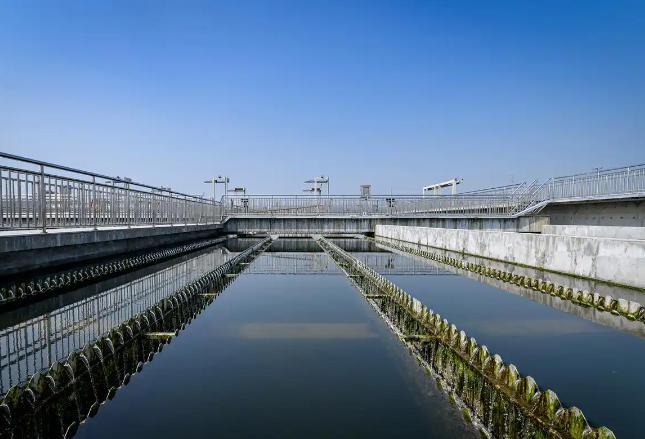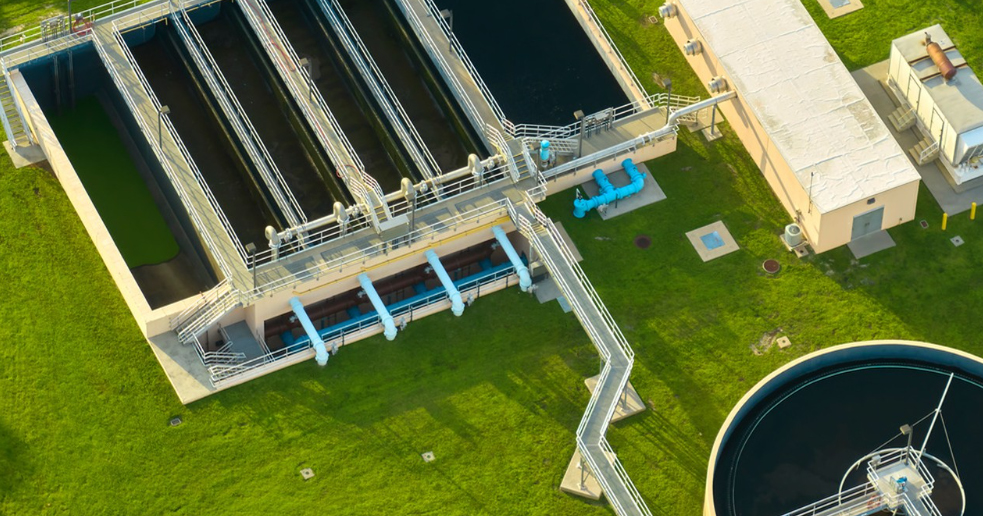Power plants rely heavily on water for cooling systems, boilers, and other key processes. However, water often contains minerals like calcium and magnesium ions. When heated or evaporated, these ions react to form hard deposits called scale—mainly calcium carbonate, calcium sulfate, or silica. Scale buildup is a major problem: it reduces heat transfer efficiency (wasting energy and increasing fuel costs), clogs pipes and heat exchangers, and even shortens the lifespan of equipment. To solve this issue, scale inhibitor has become an essential chemical in power plant water treatment.
A scale inhibitor works by preventing scale formation rather than removing existing deposits. It functions in two main ways: first, it inhibits the growth of mineral crystals, stopping them from growing large enough to stick to surfaces; second, it disperses tiny mineral particles in water, keeping them suspended and preventing sedimentation. This proactive protection ensures that water systems run smoothly, maintaining optimal heat efficiency and reducing maintenance needs. For power plants, choosing the right scale inhibitor (e.g., polyphosphates, polycarboxylates, or phosphonates) depends on water quality, temperature, and the type of equipment used.

In many cases, power plant water systems face not only scale but also corrosion—caused by oxygen, dissolved salts, or acidic conditions in water. A Corrosion and scale inhibitor addresses both issues simultaneously. This dual-function agent forms a protective film on metal surfaces to prevent rust and corrosion, while also exerting the scale-inhibiting effects mentioned above. Using a Corrosion and scale inhibitor simplifies treatment processes, reduces the number of chemicals needed, and lowers overall operational costs, making it a popular choice for power plants.
When scale has already formed (due to improper treatment or system upsets), a scale remover (also called a scale removal agent) is required. Unlike scale inhibitors that prevent scale, a scale remover breaks down existing deposits. It uses acidic or chelating components to dissolve scale or loosen it from surfaces, allowing the deposits to be flushed out. After using a scale remover, power plants often resume adding scale inhibitor to prevent new scale from forming. This combination of "removal + prevention" ensures long-term stability of water systems.
In conclusion, scale inhibitor, Corrosion and scale inhibitor, scale remover, and scale removal agent play critical roles in power plant water treatment. They work together to control scale, reduce corrosion, and maintain efficient, safe operation of power plant equipment. As power plants strive for energy conservation and environmental protection, the development of more efficient, eco-friendly scale control products will continue to be a key focus.
As a professional chemicals manufacturer in the water treatment Industry, Sanmei have helped more than 5,000 plants with process solutions and helped them improve production efficiency, reduce costs, and optimize profit plans. Our main goal is to assist you in optimizing production efficiency and profitability in a sustainable way. Welcome to consult us and get a free wastewater treatment solution by filling in the form below or email to brian@san-mei.com












